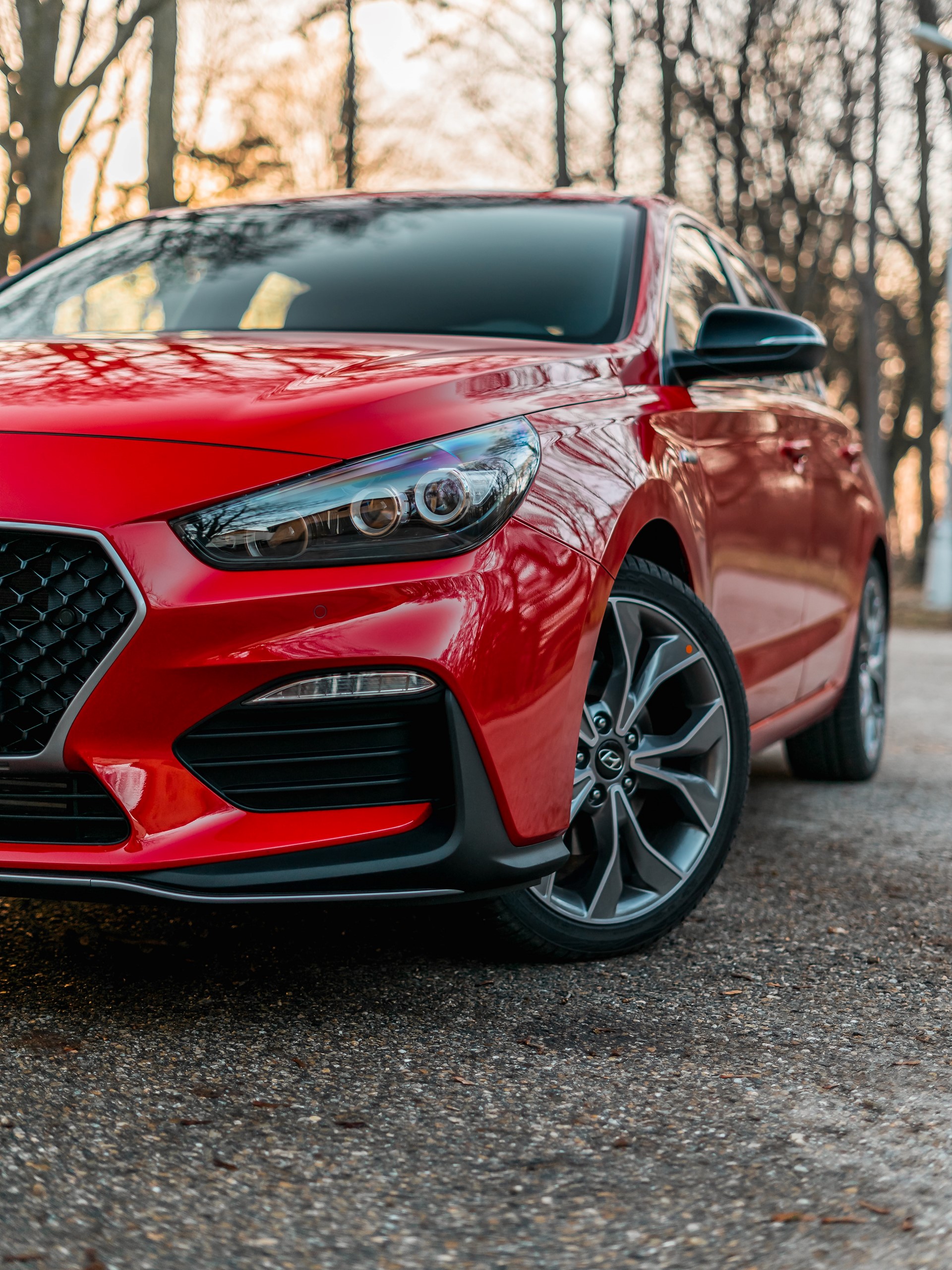7 ways to use a car loan
Written by
Tuesday 4th July 2023

Buying a car can be exciting. It’s likely you’ve considered the make you want to go for, and probably envisaged your ideal model plus any additional features you’d like too. But once you’ve got your budget set, you’ll need to start finalising your plans.
To help, we’ve listed out the 7 different ways you could use a car loan to get your hands on your ideal vehicle.
1. Buy a brand-new car
It’s perfectly possible to pay for a new car upfront using a personal loan. A new car might be more expensive compared to a second-hand model, but you’ll benefit from the latest technology and enjoy being the first person to ever drive the vehicle. If you’re not sure which route you want to take, read our article to help you decide whether to buy a new or used car.
When buying a new car, the car dealership may try to persuade you to take out finance instead as they may make extra money on car financing. But there are lots of reasons a loan might be more suitable compared to finance. For example, you might prefer to own the car outright from the get-go, you may want to avoid mileage or usage restrictions or you might not want to worry about paying a deposit or balloon payment at the end of your finance term. Our blog on the difference between car finance and a car loan could help you make a more informed choice.
2. Select a second-hand model
You could get a great deal on a used model, allowing you to drive away in a fabulous car without worrying about the depreciation costs that so often come with new cars. With new cars sometimes taking months to be delivered, a second-hand car might also be the right choice for those looking to buy a car much quicker.
Used cars are in demand and, if you don’t quite have the money you need saved up, you might miss out the ideal model as and when it goes up for sale. Taking out a car loan makes sure the money you need is in your bank account ready to purchase your dream car.
3. Look out for a pre-reg car
Pre-reg vehicles have never been owned by a customer. They’re registered by the manufacturer, a leasing company or a dealership which means a pre-reg car often doesn’t have many miles on the clock when it goes up for sale.
You’ll save the expense of a brand-new car while still feeling the benefit of driving a nearly new vehicle. Finding a pre-registered car in the exact model you’re looking for might be a rarity, though. If you do happen to find a great deal but you don’t have the money to pay for it upfront, a loan could be a great way to secure the car of your dreams. It allows you to buy the car outright and then simply spread the cost of the purchase, plus interest, over a set timeframe.
4. Choose an electric vehicle
Electric cars are likely to become the vehicle of choice over the next few years. The government banned the sale of petrol or diesel cars from 2030 onwards. So many car owners are choosing to get ahead of this deadline and get used to driving EVs now. Here’s everything you need to know about buying an electric car.
Last year, 16.6% of new car registrations were for electric vehicles, showing the growing popularity of EVs. In fact, there are now over 780,000 fully electric cars on UK roads.
Electric cars are undoubtedly expensive. The average price of a brand-new electric car is £49,111. It’s a large sum of money to find upfront. If you have some of the money set aside but not quite enough to buy the EV you have your eye on, an electric car loan can be a good way to top up your funds.
5. Buy from a private seller
Cars are typically cheaper if you buy from a private seller rather than a dealership, as a private seller doesn’t need to factor in company overheads into the overall price of the car. However, you won’t have the peace of mind that the car has been thoroughly quality checked and you won’t be able to return it if you discover issues once you’ve driven it away. It’s therefore so important you take the time to inspect the car and all related paperwork before agreeing to a sale.
Often, private sellers are keen to coordinate a quick sale. So you could find having the money in your bank ready to go puts you in a good position to negotiate. Taking out a personal loan effectively makes you a cash buyer, giving you that all-important bargaining power.
6. Visit a car dealership
Buying your car from a dealership could be a good option if you’re not quite sure which car you want to go for. A dealership will have lots of different vehicles to choose from, with experts on-hand to help you decide. You’ll also have the option to test drive several different cars to get a feel for which model is right for you.
As with buying a brand-new car, car dealerships will likely try to persuade you to take out car finance as they could make additional money this way. Make sure you’ve done your research and you know how you want to pay for your vehicle.
If you have a good credit score and you’re likely to get some of the best rates, a personal loan might well work out cheaper overall. Remember, you’ll own the vehicle outright from the get-go with no deposit or balloon payment to worry about if you buy a car with a loan.
That said, if your priority is finding the option with the cheapest monthly repayments, Personal Contract Purchase (PCP) offered by a dealership may well be a suitable option as you’ll only be paying for the depreciation of the car rather than its full value (which is why you’ll often be faced with a large balloon payment at the end of the term).
7. Fix up your existing car
So your existing car has broken down or you’ve been handed an unexpected car repair bill, but you don’t have the budget for a new or second-hand car… what can you do? According to the RAC, the average age of a car at scrappage is around 14 years. If your car is much younger than that, the best option could be repairing your existing car and keeping it around for longer.
A car repair loan could help you access the money you need to fix up your car sooner. Simply pay for the repairs upfront and spread the cost over fixed-rate monthly repayments.
Get a car loan quote today
With a Novuna Personal Finance loan, you can borrow up to £35,000 at low rates from 6.1% APR Representative (£7,500-£25,000). Simply spread the cost over 2 to 7 years, helping to make a big purchase more manageable.
Written by
Stephanie Reid is a financial services expert with over eight years of experience writing money-saving articles at Novuna Personal Finance. She has written hundreds of articles on a variety of topics including interior design, home improvements and weddings - with a keen eye for spotting money-saving opportunities and passing these tips onto readers. As a mum of two, Stephanie knows how important budgeting effectively is for parents and often incorporates family budgeting tips into her guides.


